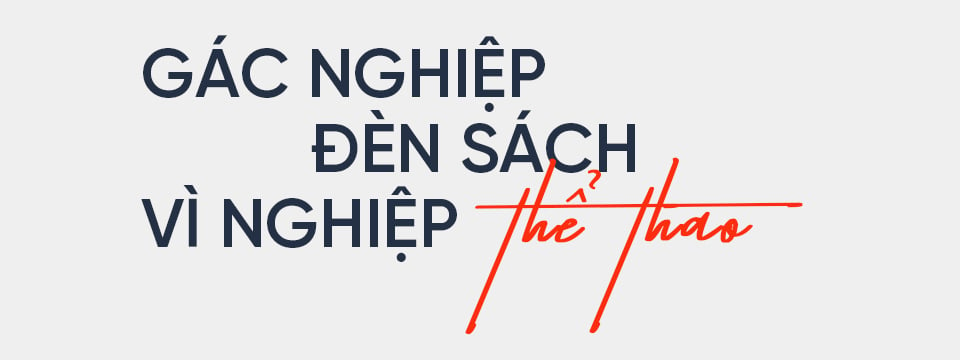
Not only in Vietnam, but also in many countries around the world, athletes often have difficulty with studying. The reason is very simple: sports is a special profession, requiring hard training, high concentration continuously every day and repeated for 10 to 15 years, consuming a lot of energy for physical activities leading to no time for studying.
A former Vietnamese football player told the story of combining training and studying when he was in secondary school, where he played football in the morning and went to class in the afternoon (and vice versa). However, every day he practiced in the morning, he would fall asleep in the afternoon, because he was too tired.
That is also the common concern of many athletes, when they sacrifice their youth to sweat on the training ground and the field, leading to difficulty in going to class and pursuing their studies like normal people.
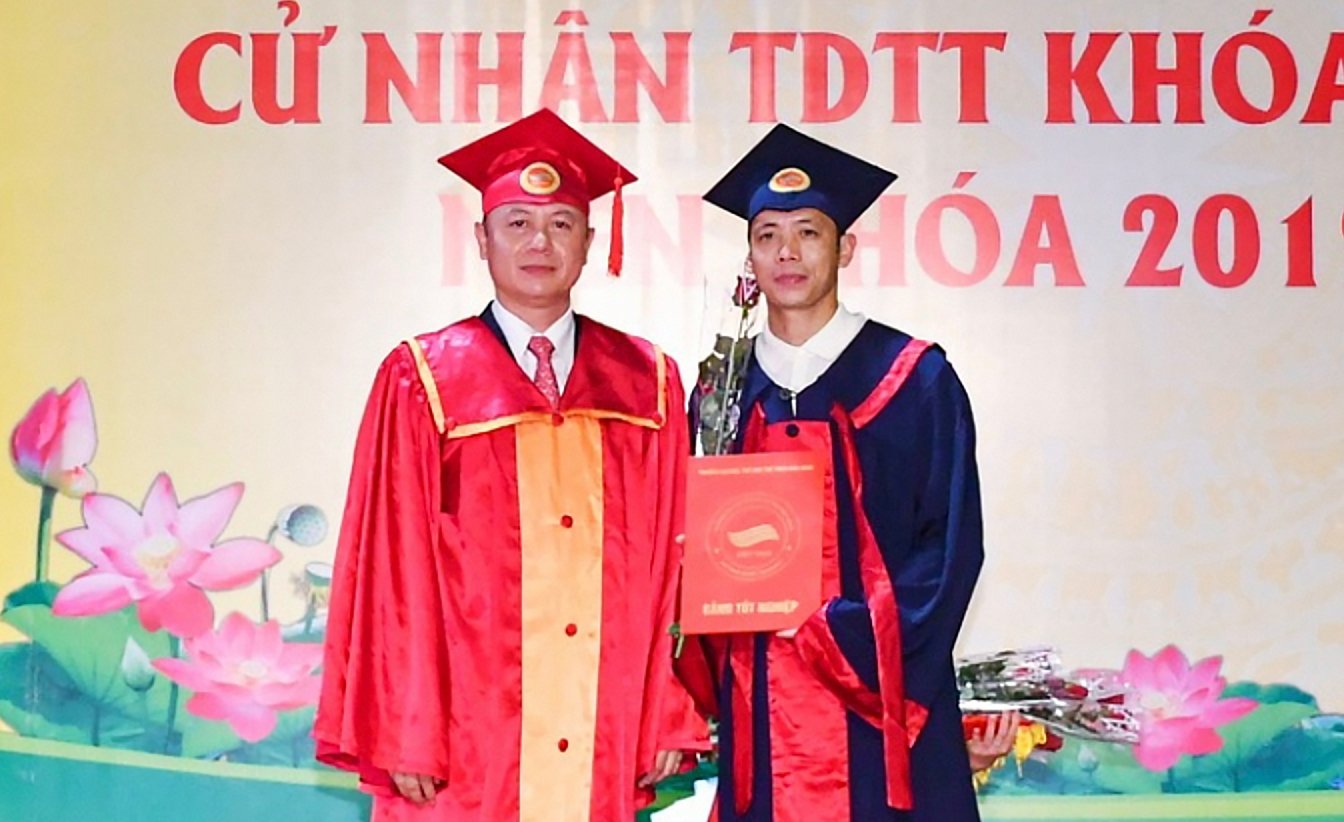
Captain Nguyen Van Quyet of Hanoi Club has a bachelor's degree at the age of 32.
Photo: FBNV
It should be emphasized that many Vietnamese athletes come from poor rural areas, growing up in hardship and suffering, so they understand more than anyone else the importance of knowledge. However, having a predestined relationship with sports, especially when becoming professional, athletes' study time becomes even more limited. The "chicken training" style of training that forces athletes to practice hard in a concentrated model, only eating, practicing and competing all year round has been associated with Vietnamese sports for decades.
An athlete's day usually starts with breakfast, personal hygiene, then morning practice, then lunch, rest, then afternoon practice. Evenings are the rare times when athletes can "read by lamplight", however, when they have "burned" all the fuel during the day for practice, can those who pursue a sports career fully concentrate on books that require a lot of brainpower at the end of the day?
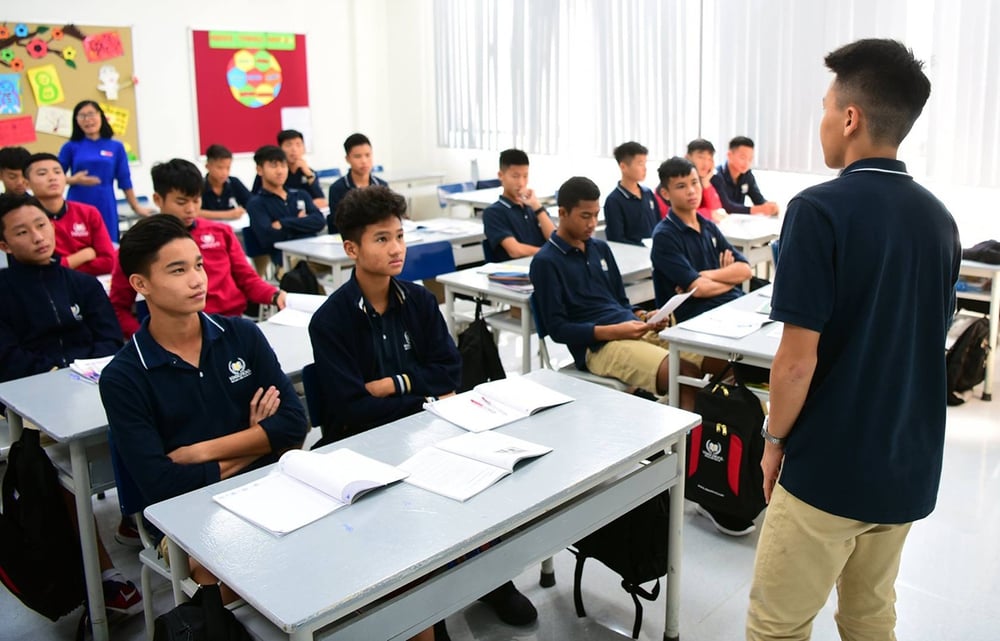
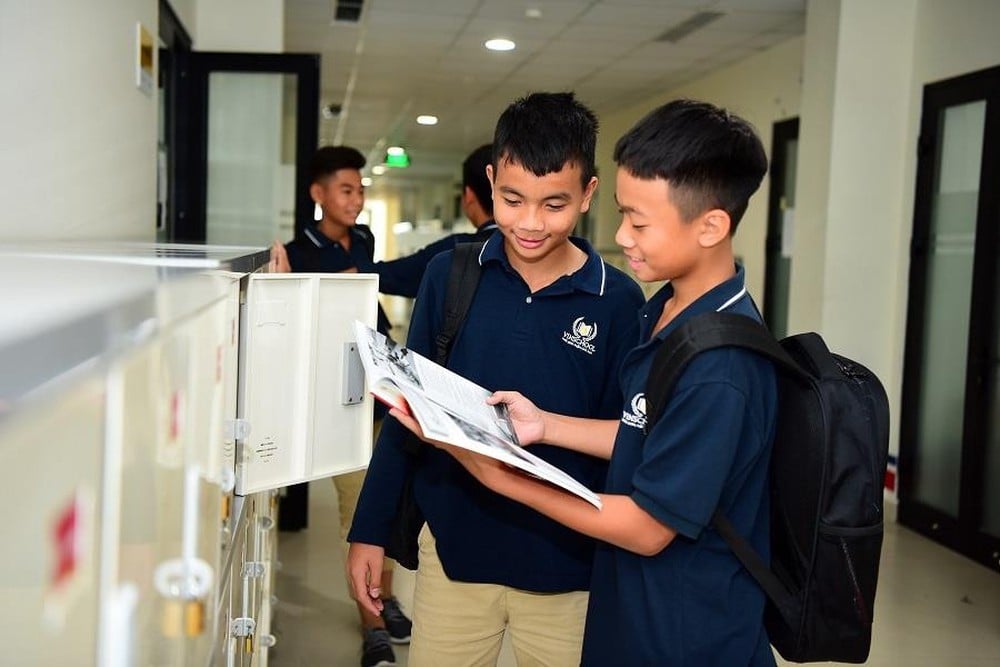
Young players of PVF Youth Football Training Center - Ministry of Public Security are studying culture at Vinschool. Improving professional qualifications in parallel with building a solid cultural foundation for athletes is very important in the strategy of developing Vietnamese sports.
Photo: NVCC
The Vietnamese general education program also focuses on the period of knowledge accumulation from 12 to 22 years old. In sports, regardless of the sport, this is the time when athletes have to practice with high intensity, devote maximum effort and time to training, or sometimes go on training trips and competitions away from home, making studying even more difficult.
A former SEA Games champion once revealed to the press the story of being suspended from school because he was too busy with international training, leading to more than 45 days of absence. Or, fans are no longer unfamiliar with the story of national champions who, when they retired, had not finished middle school, high school, and some were only in… 5th grade.
Study hard for the future after retirement
The sweat and tears of many generations of athletes during the years of hard training have helped Vietnamese sports gain many records and resounding achievements. However, sports is a special profession, and athletes have a modest career (10-15 years). While still competing, athletes can be famous and champions. But when they retire, many athletes return to zero, starting over from the beginning after the age of 30, in a labor market that is increasingly younger in age and more professional and well-educated.
People with ability, relationships and many "heavenly time, favorable location" factors can switch to coaching or sports management to continue their passion in another way. This path is most common in football. In other sports, shooting has coaches Nguyen Thi Nhung and Hoang Xuan Vinh, who are iconic successors, with the common point of possessing impressive competitive careers. Gymnastics has coach Truong Minh Sang, who once competed in many Southeast Asian tournaments as an athlete. Weightlifting has Vuong Thi Huyen, the 30th SEA Games champion (2019) who is now a youth coach, or athletics has "golden girl" Nguyen Thi Huyen, who is now also pursuing a coaching career, inspiring the next generation.
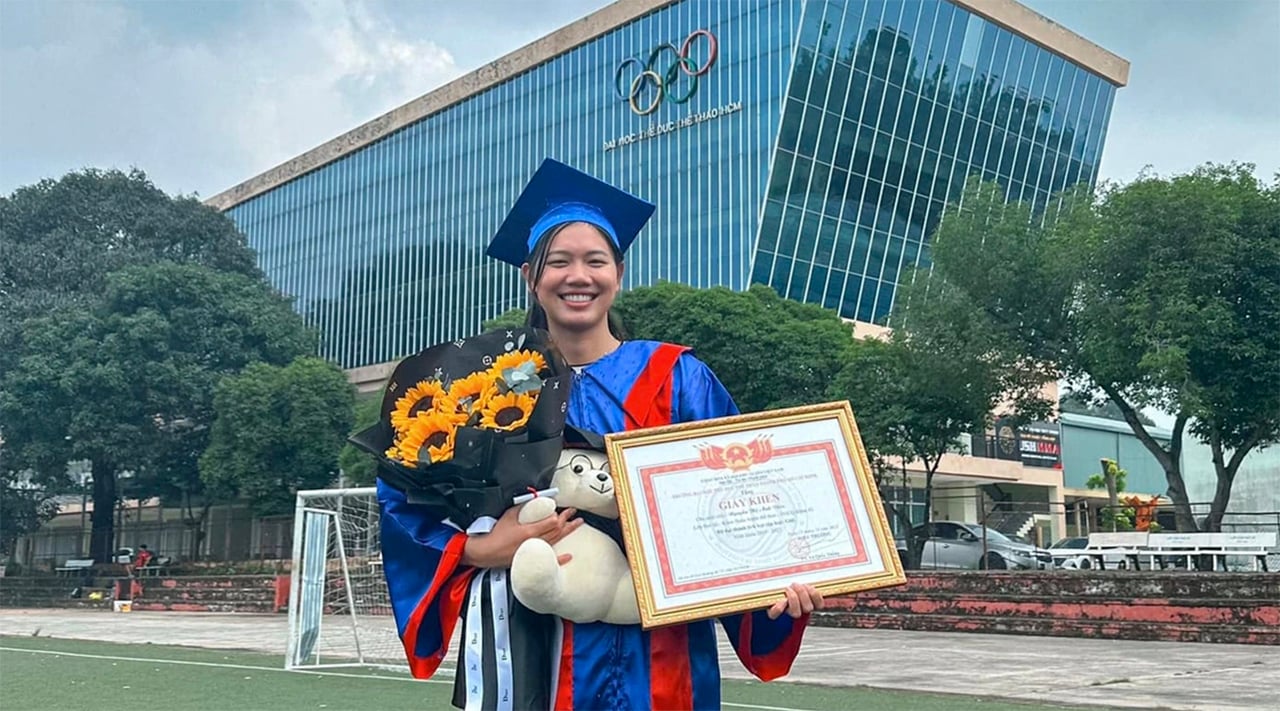
Anh Vien is not only an outstanding athlete but also a diligent athlete who trains her knowledge. She graduated with honors from the University of Physical Education and Sports in Ho Chi Minh City.
PHOTO: FBNV
However, less than 20% of athletes can become coaches after retirement. Most athletes have to relearn and start over in other careers, most of which are not related to sports. The skills that athletes spent their youth honing are no longer a "bread and butter". They need education, knowledge and professional skills to make a "career change".
Understanding the importance of knowledge training for athletes, in recent years, the Party, State and Government have created conditions for sports heroes to both train and compete and study to prepare for the post-career period. Article 5 of Decree 36/2019/ND-CP stipulates: Athletes who achieve excellent results in national or international sports competitions are considered for special consideration for graduating from junior high school or high school if the exam time coincides with the time the athlete trains abroad or participates in international sports competitions.
Article 6 further states that national sports team athletes who have graduated from high school and have been confirmed by the Ministry of Culture, Sports and Tourism to have completed their participation in the Olympics, World Championships, World Cups, ASIADs, Asian Championships, Asian Cups, SEA Games, Southeast Asian Championships, and Southeast Asian Cups are given priority for direct admission to sports majors or physical education majors of universities and colleges.
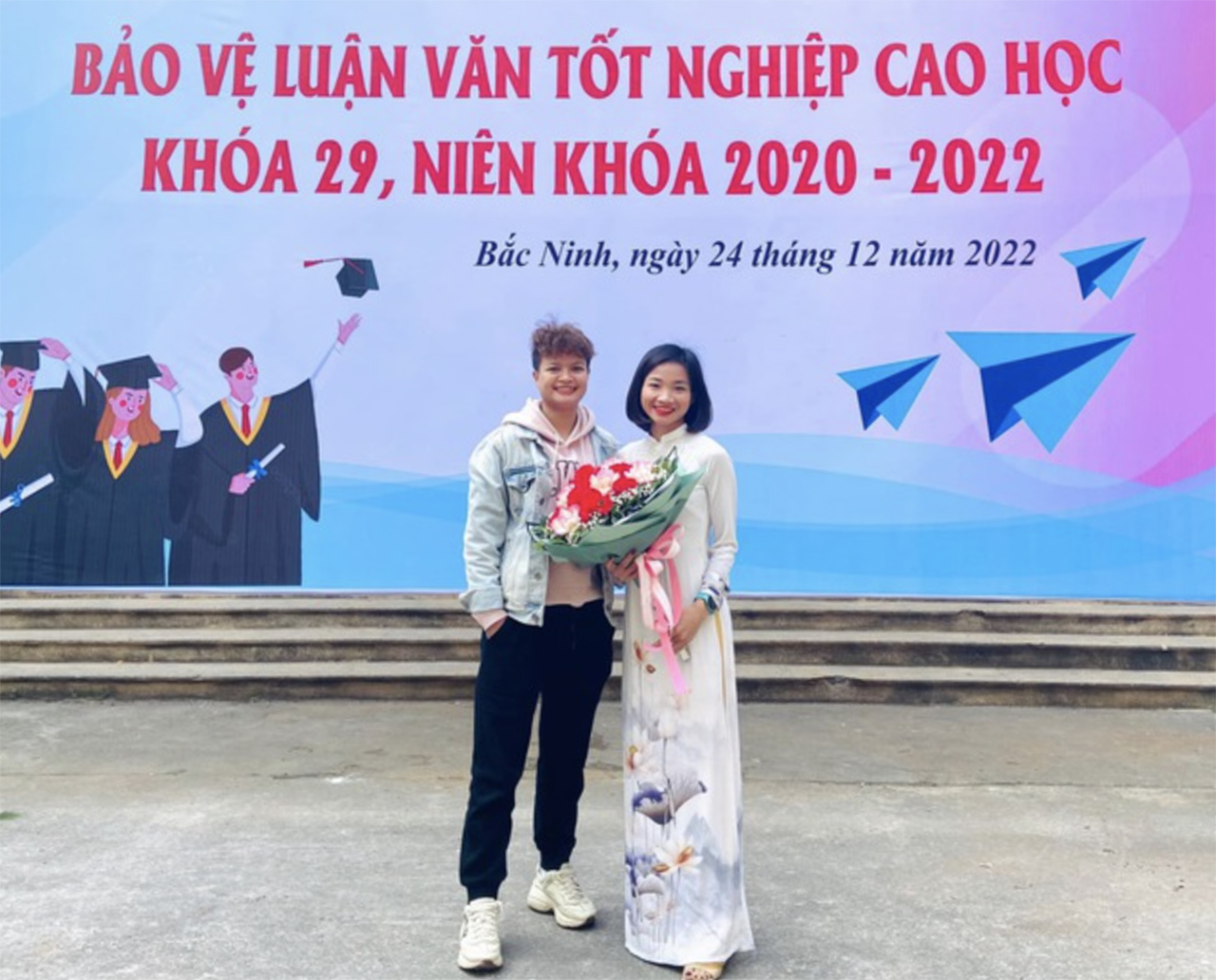
Runner Nguyen Thi Oanh (right) graduated with a master's degree from Bac Ninh University of Physical Education and Sports.
At the same time, the agency employing athletes is responsible for organizing additional cultural knowledge training for athletes after the athletes attend training and compete in domestic and international tournaments, and paying expenses related to organizing additional cultural knowledge training for athletes.
Compared to 10-15 years ago, the current generation of athletes has more cultural education. Many athletes are working hard to practice and study at the same time. For example, there are athletes from the Hanoi National Sports Training Center who are taking advantage of their free time from training and international competitions to study for a bachelor's degree. Or some players from the Hanoi women's team take advantage of evening classes to get a degree, preparing for a stepping stone after hanging up their boots.
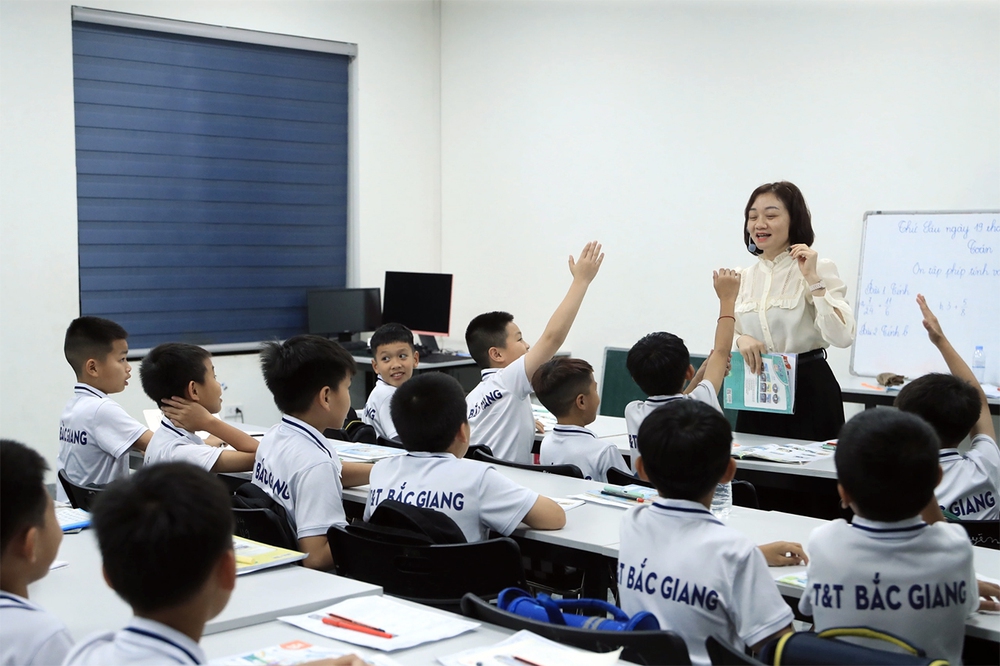
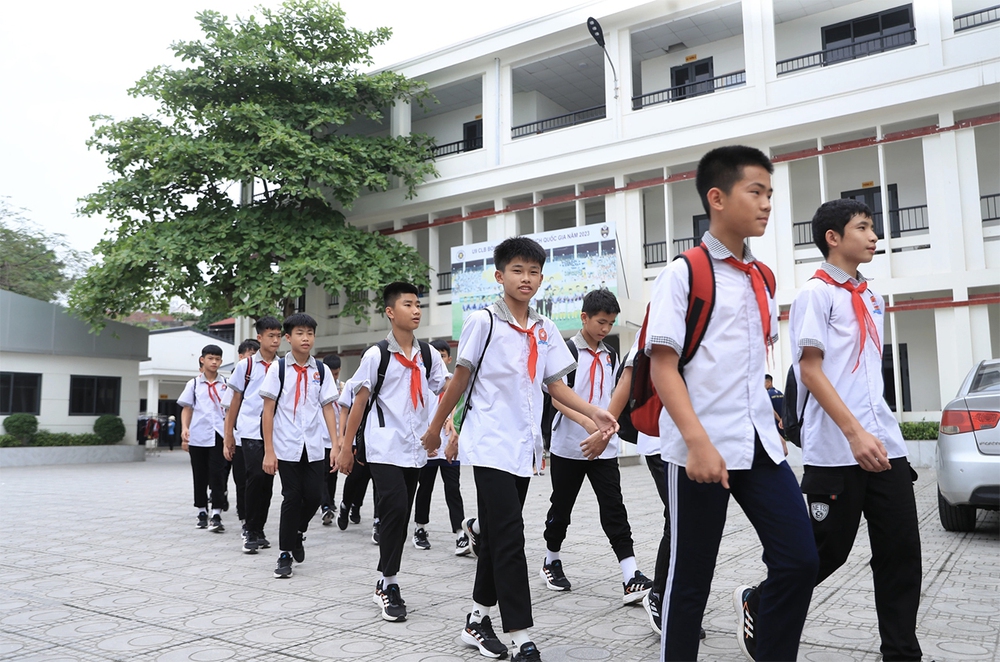
Students of Bac Giang T&T Football Center study culture while practicing and competing.
But...
Combining face-to-face learning with online learning and flexible schedules also gives athletes more opportunities to access knowledge without interrupting their professional development. An anonymous athlete shared that when going to school, athletes are given more opportunities to study than full-time students. However, the overlap between practice and exam schedules at school and training schedules still makes many people "struggle". "It is very difficult to study and compete at the same time, but we have to work hard for the future," an athlete affirmed.
In addition, the "quick-and-dirty" learning of athletes also raises questions about the real quality. The training process is dispersed for too many years (some athletes take 6 years or more to graduate), it is impossible to study centrally in school, or many athletes start studying when they are older. With such a foundation, can athletes absorb enough knowledge and soft skills to compete in the labor market, where today's new graduates and engineers are trained very carefully, systematically, and have much more dynamism and adaptability than athletes who have spent years burying themselves in training centers? (continued)
Source: https://thanhnien.vn/ky-2-gian-nan-chuyen-cap-sach-den-truong-185250611103040729.htm


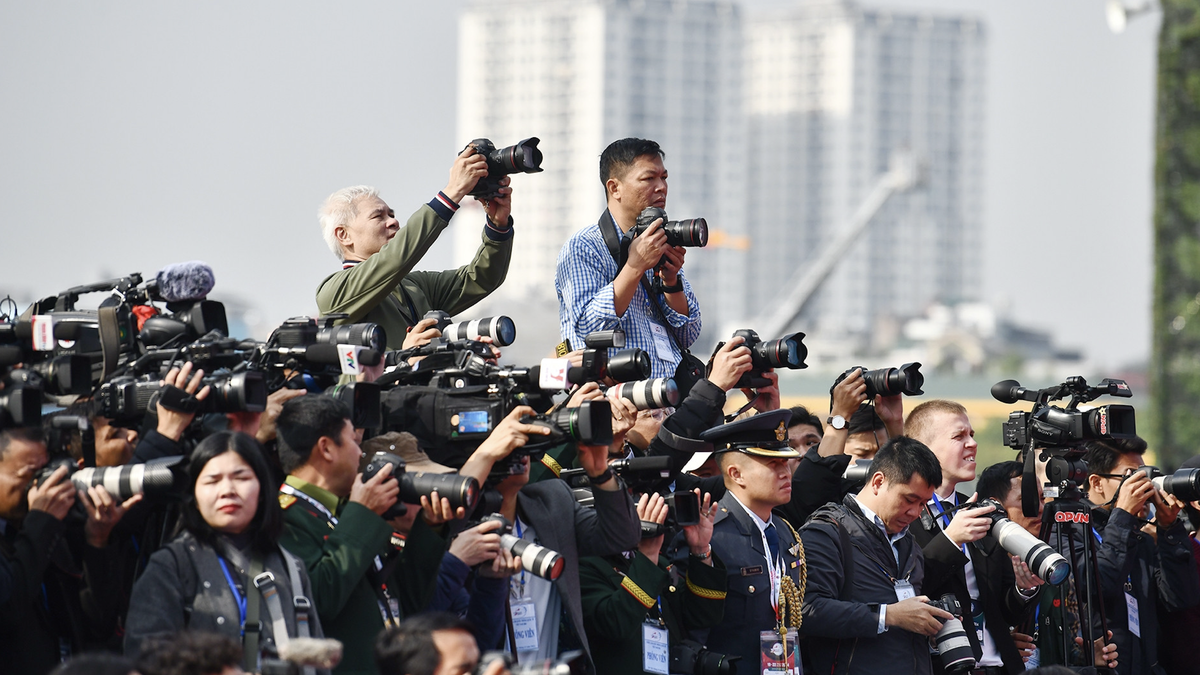




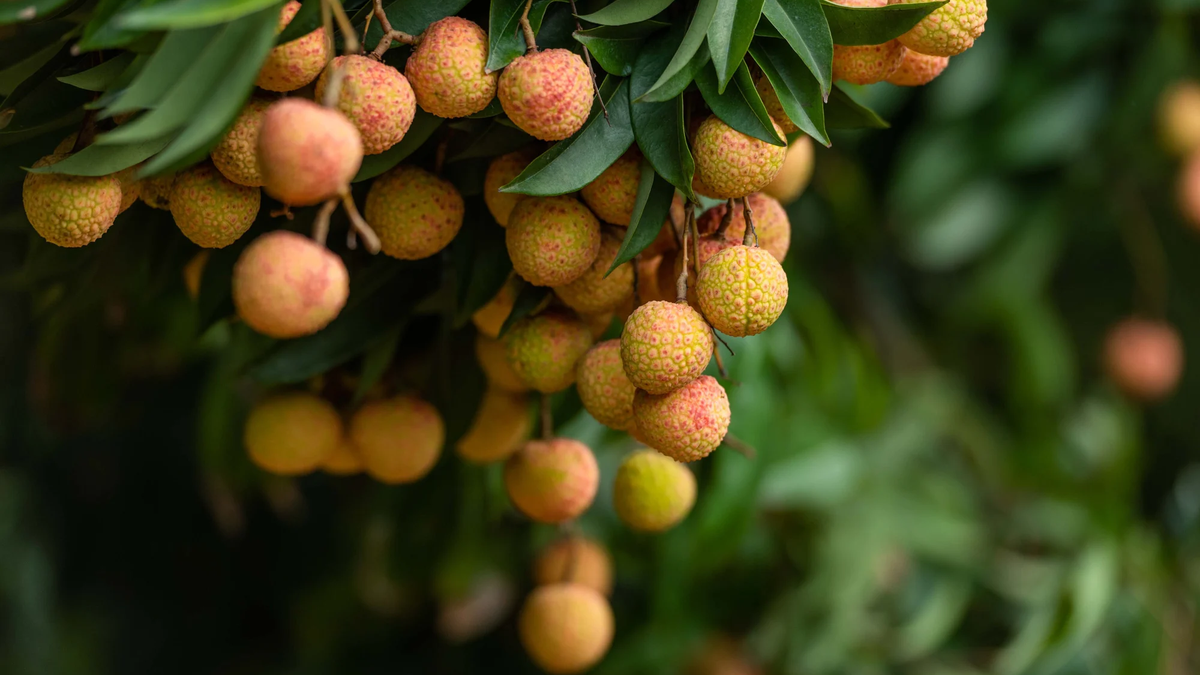
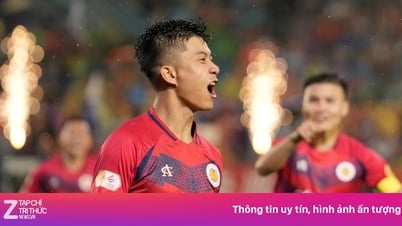

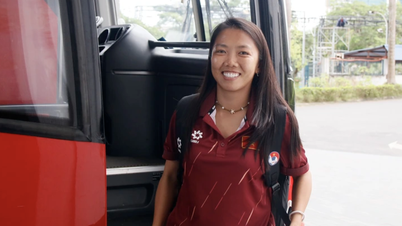

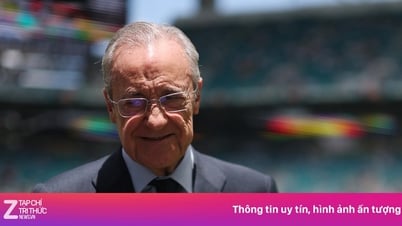
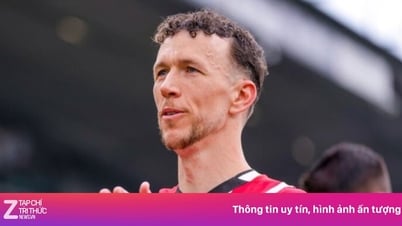
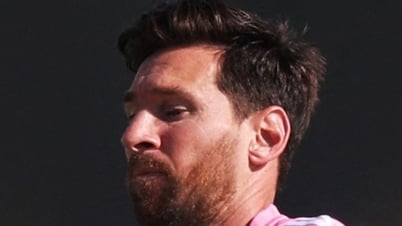
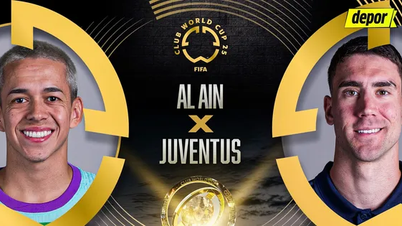









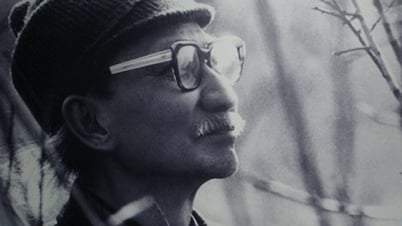
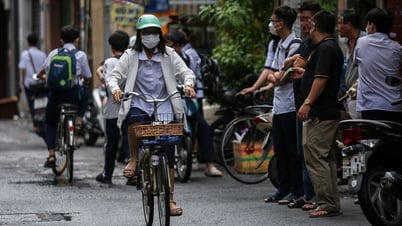











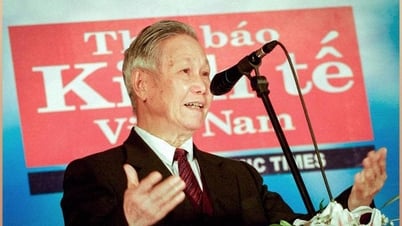

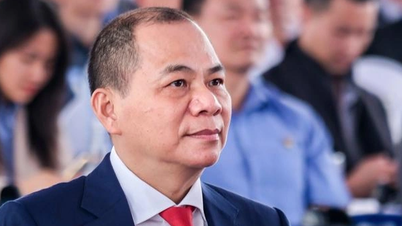

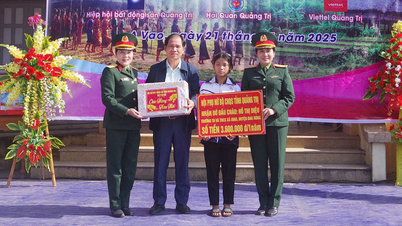




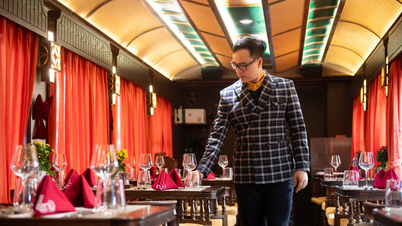




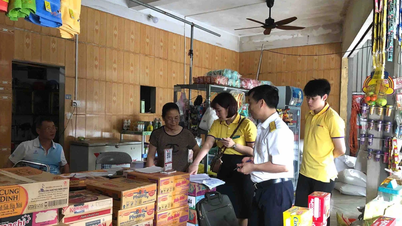

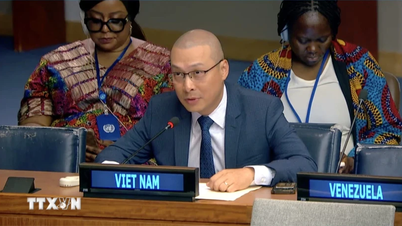

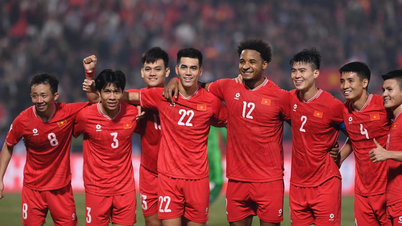

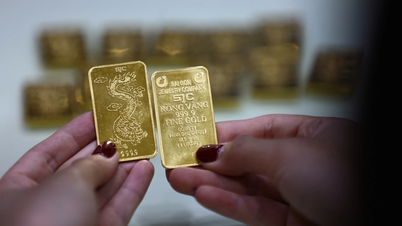
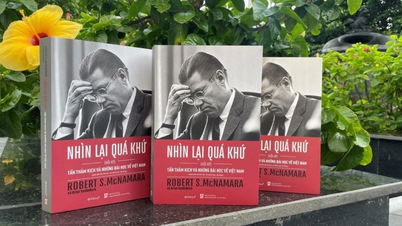



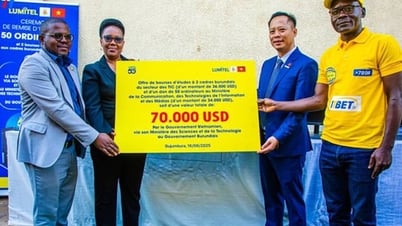




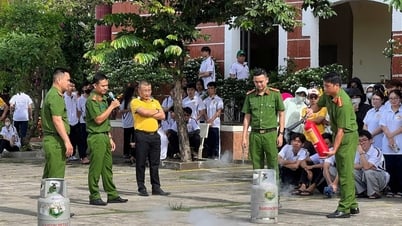

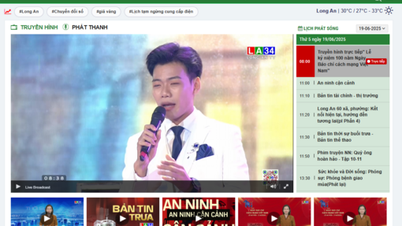

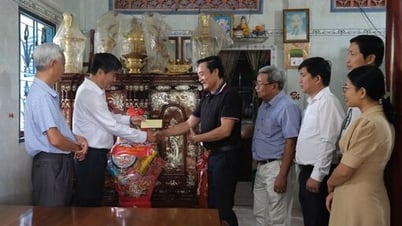
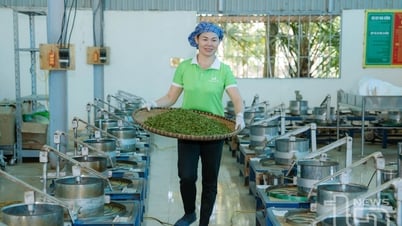

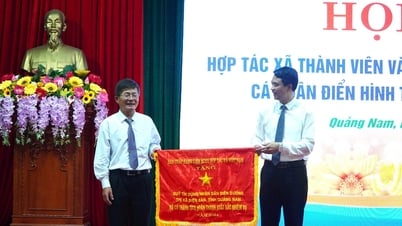
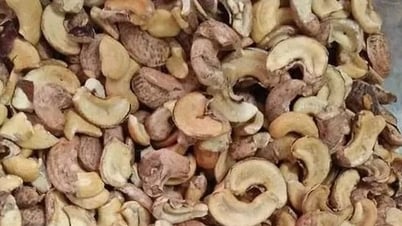

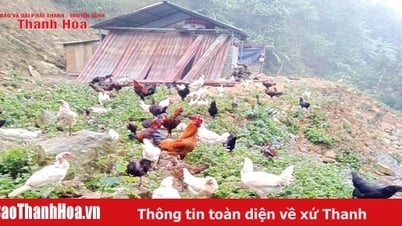











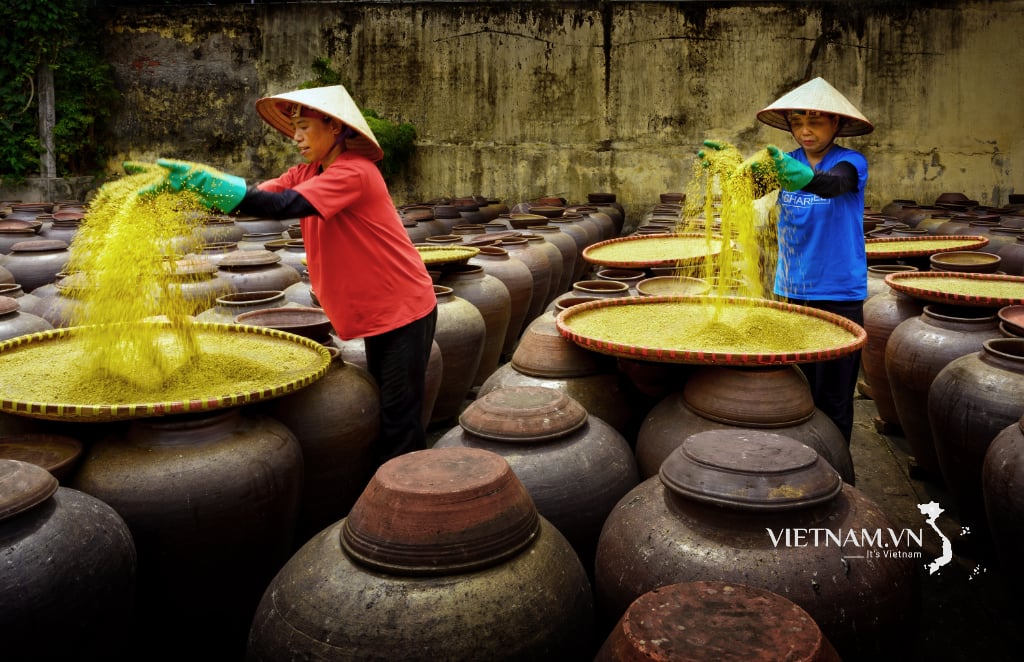
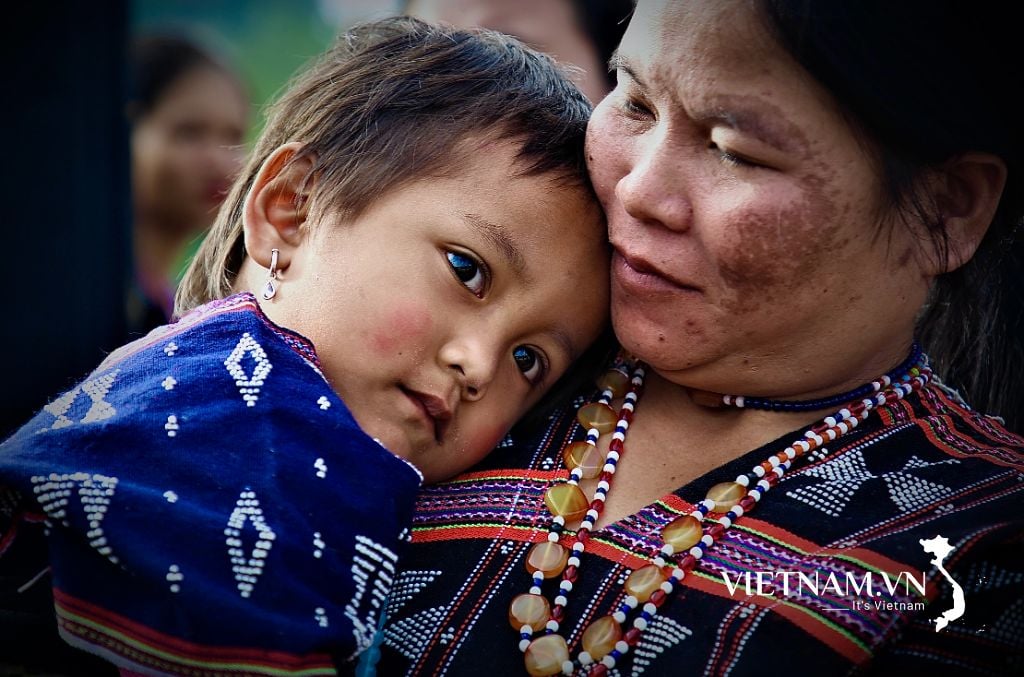
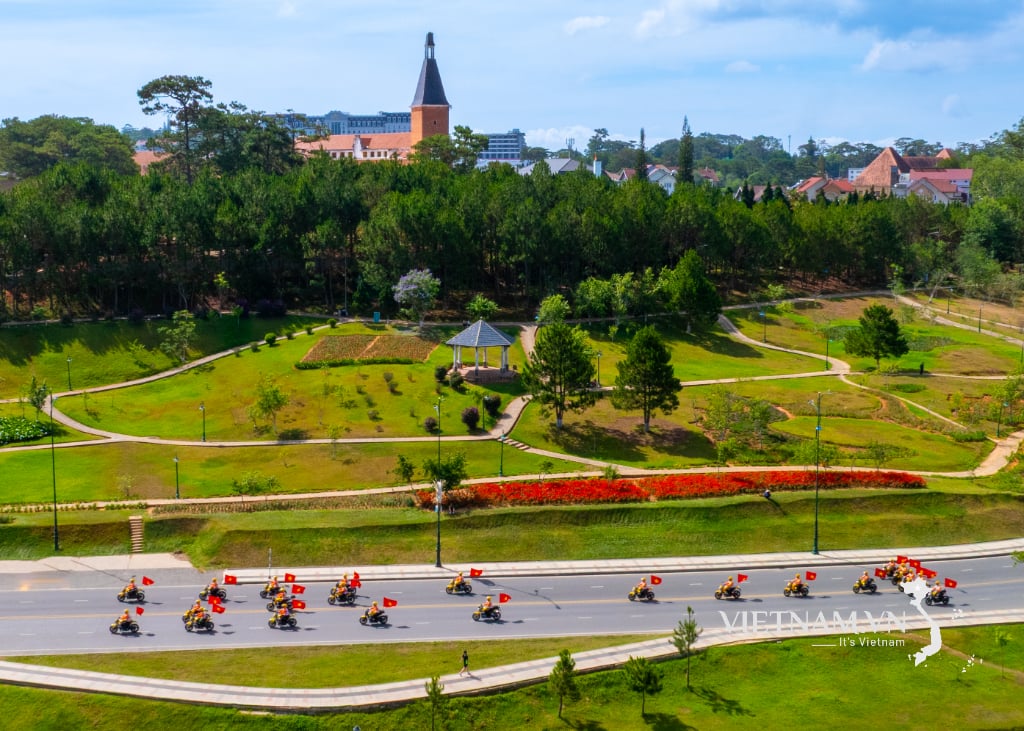
Comment (0)